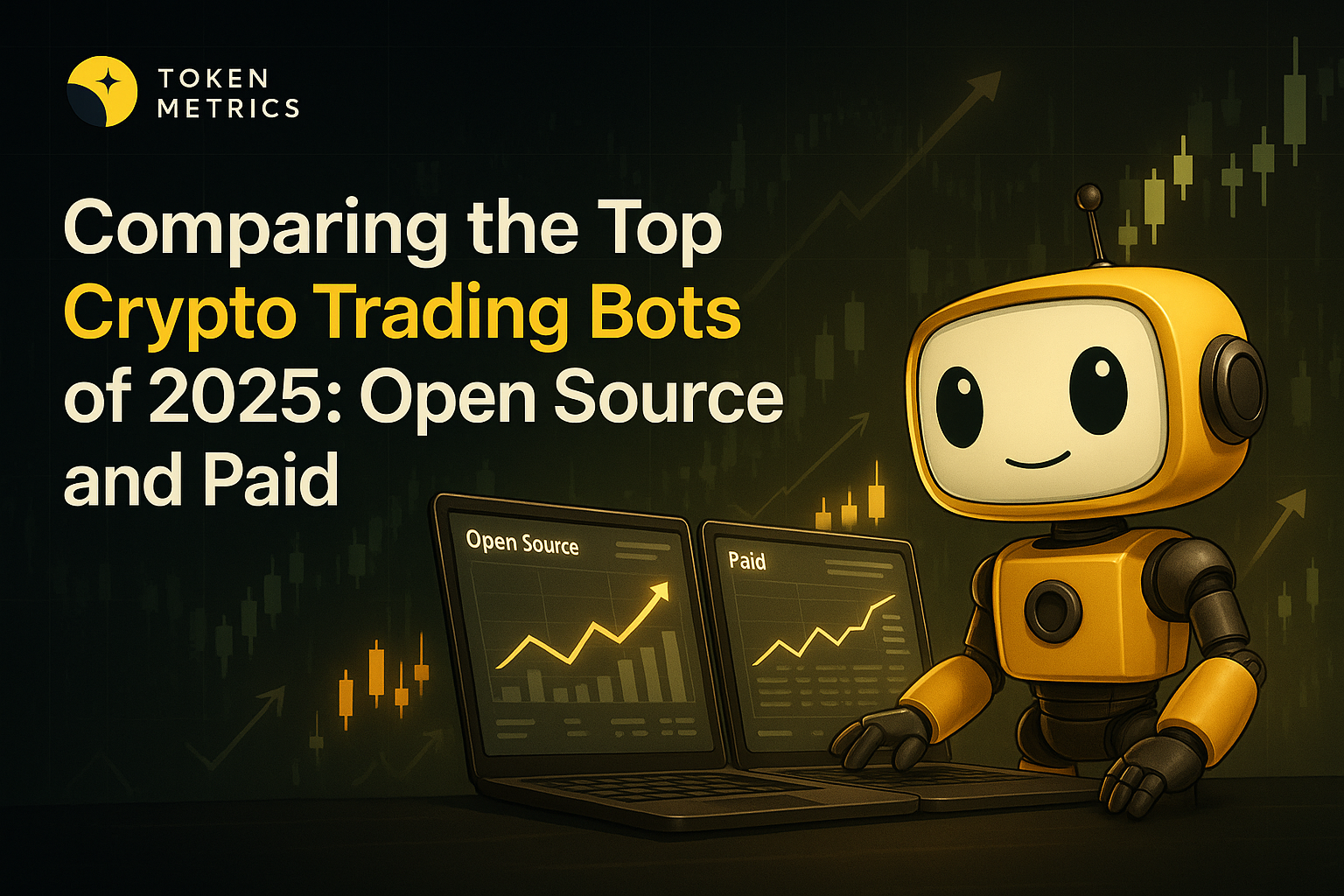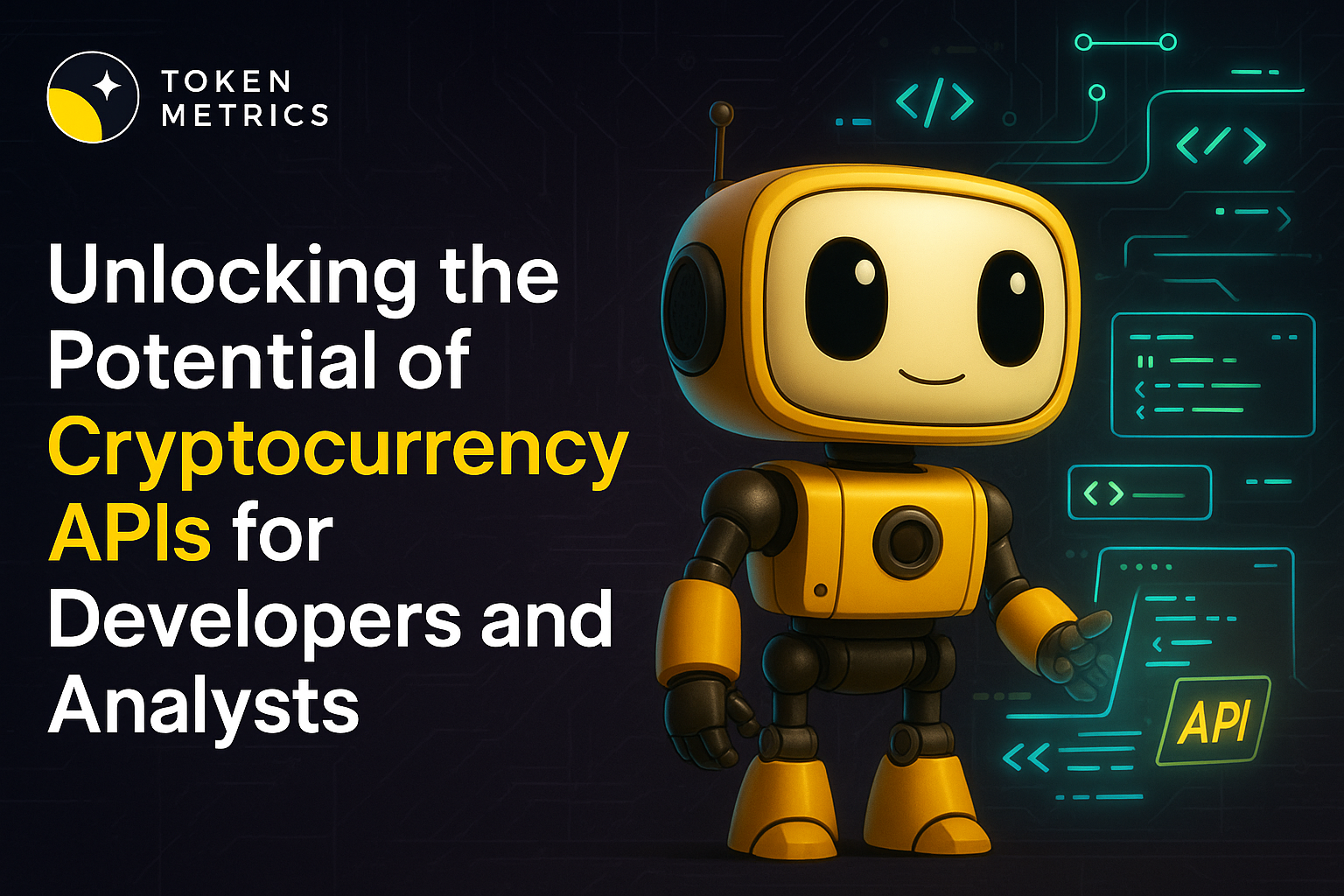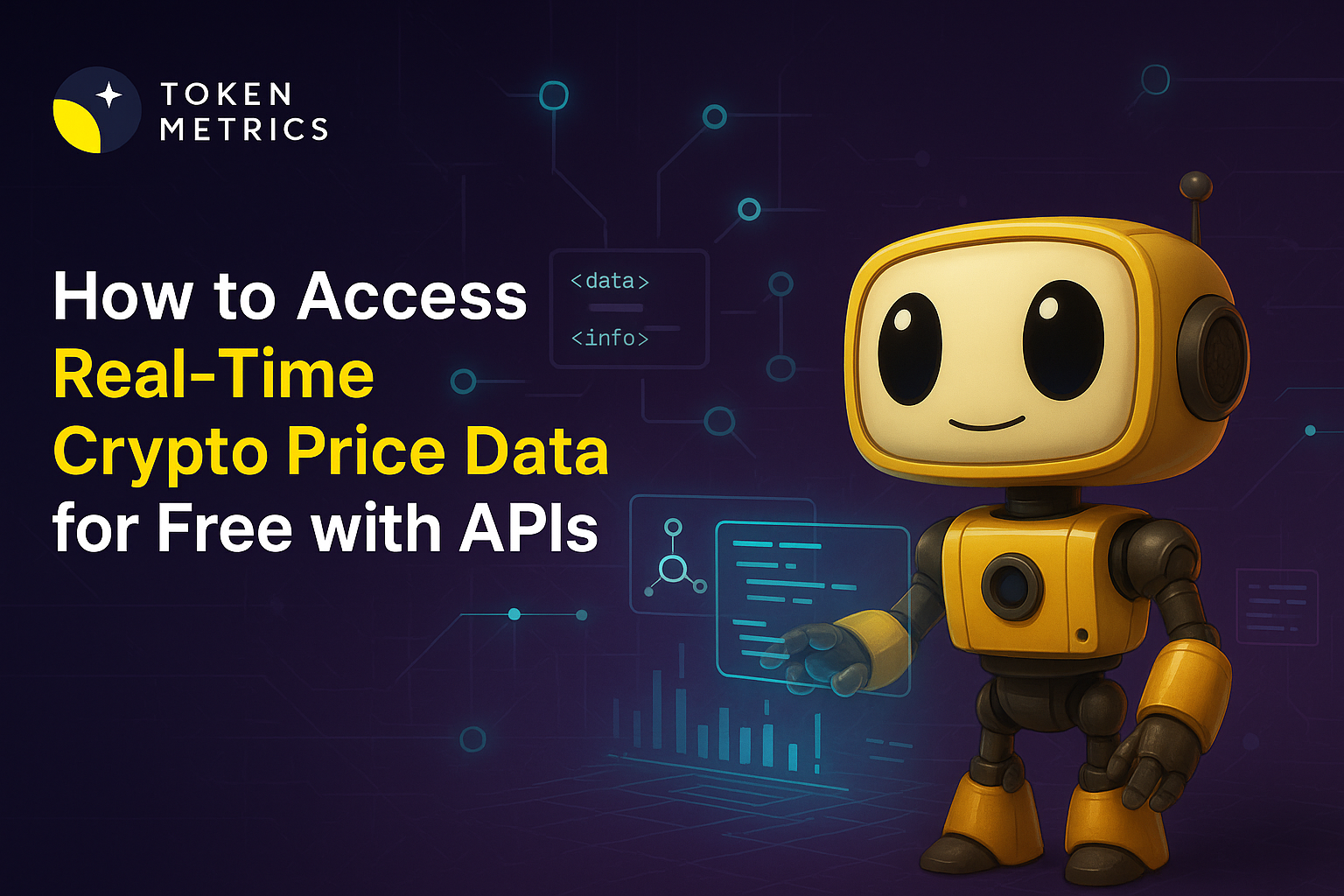Top Free Crypto Trading Bots with Robust APIs for Binance

As cryptocurrency markets operate 24/7, traders increasingly turn to automated bots to help manage trades, execute strategies, or monitor the market around the clock. For those interested in Binance—the world’s largest crypto exchange by volume—the need for a free trading bot with a reliable API is especially high. But what options are available, and how do you choose a tool that balances flexibility, security, and ease of integration?
Why Are Crypto Trading Bots So Popular?
Crypto trading bots are software programs that automate trading processes using predefined rules and algorithms. They are commonly used to:
- React instantly to market movements, minimizing latency
- Apply systematic trading strategies without manual intervention
- Mitigate emotional trading errors by adhering to algorithms
- Backtest strategies on historical data before live deployment
On platforms like Binance, where liquidity and trade pairings are vast, bots can help traders (and developers) automate portfolio rebalancing, execute arbitrage, or monitor multiple assets at once—all via API integration for maximum flexibility and speed.
Essential Criteria for a Quality Free Trading Bot
If you are searching for a suitable crypto trading bot, especially one that works with Binance, consider the following technical and practical factors:
- API Compatibility: Ensure the bot reliably supports Binance’s REST and WebSocket APIs for real-time data and order execution.
- Open Source vs. Cloud: Open source bots offer transparency and customization, while free cloud-based bots remove the need for self-hosting.
- Community & Support: A strong developer community and thorough documentation can significantly ease the learning curve.
- Strategy Flexibility: Look for bots that allow you to program, tweak, or select from a variety of trading strategies.
- Security: Check the bot’s reputation, update frequency, and how it handles API keys (preferably with read-only/key permissions).
- Backtesting Capability: Ability to simulate strategies on historical data before risking capital.
Popular Free Trading Bots with Binance API Support
Below are several widely used free crypto trading bots known for their API support and Binance compatibility. Each comes with unique strengths, so consider desired features and technical requirements when making a choice.
- Freqtrade
- Type: Open source (Python-based) self-hosted
- API Support: Native integration with Binance REST API
- Features: Strategy development, backtesting engine, dry-run/live modes, extensive documentation
- Notable: Highly customizable; requires Python and basic command-line knowledge
- Hummingbot
- Type: Open source (Python/Cython) self-hosted/hybrid
- API Support: Direct integration with Binance Spot and Futures APIs
- Features: Market-making, arbitrage, scriptable strategies, community strategy repository
- Notable: Used by both retail and professional market makers
- CrypTool/3Commas (Free Plans)
- Type: Cloud-based; limited free-tier usage
- API Support: Binance API, quick and easy integration
- Features: Pre-built strategies, user-friendly interface
- Notable: Usage limits with free tier; evaluate for learning/testing
- Zenbot
- Type: Open source (Node.js)
- API Support: Supports Binance and other exchanges
- Features: High-frequency trading, simulation, technical analysis indicators
- Notable: Less actively maintained but still used in research contexts
Always verify any tool’s latest security reviews, developer updates, and user feedback before connecting API keys to your Binance account.
How APIs Drive Crypto Trading Bot Performance
A trading bot’s effectiveness often hinges on its API reliability and breadth of data. Binance provides a robust API suite, enabling:
- Market data streaming for order books, trades, and candlestick data
- Placing/canceling orders programmatically
- Portfolio balance and trade history retrieval
- Custom alert/trade logic directly integrated with live account data
Selecting a trading bot with seamless Binance API integration ensures reduced risk of connection errors, faster order execution, and greater strategy flexibility. Whether you are developing your own solutions or relying on prebuilt bots, robust APIs underpin every sophisticated trading or research workflow.
Build Smarter Crypto Apps & AI Agents with Token Metrics
Token Metrics provides real-time prices, trading signals, and on-chain insights all from one powerful API. Grab a Free API Key
Key Considerations for Using Trading Bots Safely
While free trading bots offer learning opportunities, automation, and technical exploration, responsible use is essential:
- Test in Simulation: Begin with paper trading or demo modes to understand bot logic without real capital risk.
- API Permissions: Use API keys with the narrowest permissions possible—ideally disabling withdrawal rights entirely.
- Monitor Regularly: Even the best bots require oversight. Monitor logs, performance, and potential errors.
- Stay Informed: Keep up with each project’s security advisories, Binance API changes, and user community feedback.
- Compliance: Understand regulatory obligations and do not use bots for prohibited activities on your exchange or in your jurisdiction.
Finally, supplement your trading research with platforms—like Token Metrics—that leverage AI and data analytics for market insights, helping you identify potential strategies to automate.
Frequently Asked Questions
Is it safe to use free crypto trading bots with Binance?
Safety depends on the bot’s source, reputation, and how you manage your API keys. Opt for open-source or well-reviewed bots, always use keys with limited permissions, and monitor bot activity closely. Never share keys or enable withdrawal access if not strictly required.
Which programming languages are most common for crypto bots?
The most popular free trading bots are written in Python (e.g., Freqtrade, Hummingbot), Node.js (e.g., Zenbot), or a combination of languages. Python is favored for its simplicity and rich scientific libraries.
Can I use a crypto trading bot without coding experience?
Some bots offer user-friendly interfaces with pre-built strategies (e.g., 3Commas, Cryptohopper), but most open-source options require some technical knowledge to set up and customize. Beginners can start with no-code solutions or spend time learning the basics of bot configuration.
How do I connect a trading bot to my Binance account?
Most bots require your Binance API key and secret, which you generate from your Binance account security settings. Copy these keys into the bot’s configuration files or web interface, ensuring you adhere to recommended security practices (key permissions, IP whitelisting, no withdrawal access).
What features should I prioritize in a free trading bot?
Prioritize robust Binance API integration, active community development, good documentation, customizable strategy logic, and support for simulation/backtesting. Security, transparency (open source), and regular updates are also critical for long-term reliability.
Disclaimer
This blog post is for informational and educational purposes only. It does not constitute investment advice, a recommendation, or an endorsement of any trading strategy, product, or service. Cryptocurrency trading involves risk, and readers should conduct independent due diligence and consult relevant professionals before using trading bots or APIs.
Create Your Free Token Metrics Account

.png)




%201.svg)
%201.svg)


%201.svg)










.svg)




.png)